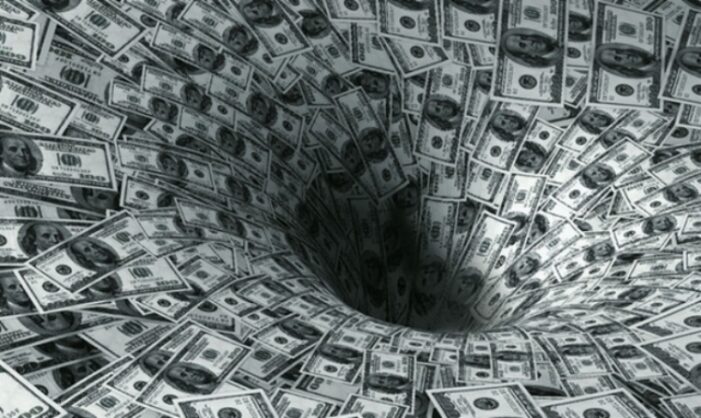Early Monday morning, Miami-Dade Mayor Daniella Levine Cava presented her proposed budget for the county’s 2024-2025 operations and capital improvements. She called the tax rate “flat,” but everyone already knows it’s really a slight increase due to an increase in property value. Her budget would keep garbage rates flat also.
But on Tuesday, Commission Chairman Oliver Gilbert pushed a garbage fee increase that will see most homes paying almost $10 a month more, or about $114 a year.
This would be the second increase in a row, after commissioners approved a $36 hike in garbage fees last year to avoid cuts in services and a cancellation of recycling, which Ladra is not sure we are doing.
Read related: Miami-Dade County could raise garbage fees, suspend recycling service
Gilbert said the county is subsidizing the costs — which is strange to hear because that’s what they are supposed to do, right? — and that the increase was necessary to cover a $39 million shortfall. Levine Cava had recommended the county maintain the current annual fee of $547 per household and use a loan from the Disposal Fund to cover the projected gap.
The commission on Tuesday instead chose to raise the fee to $661 per household.
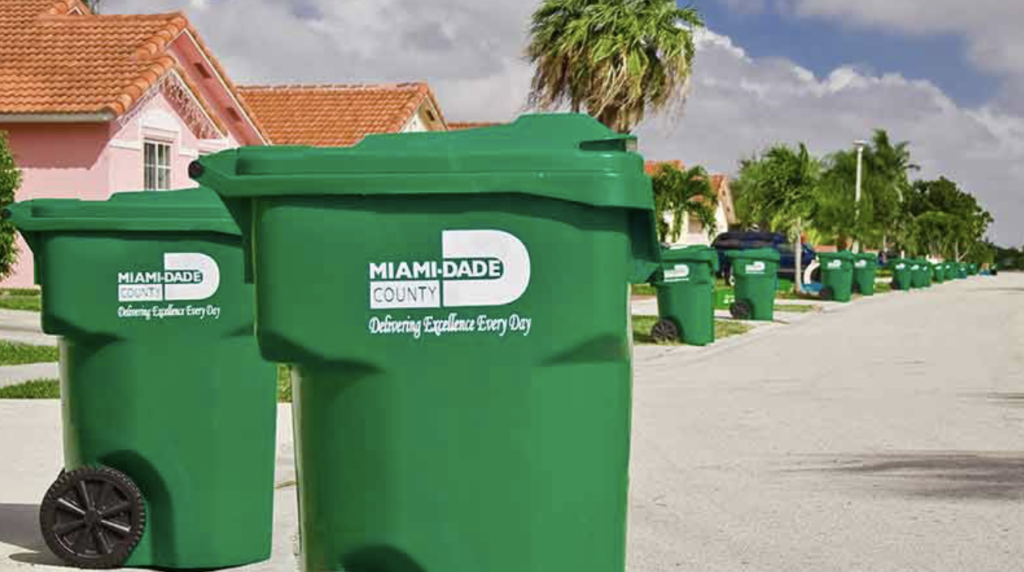
Commissioner Raquel Regalado said she felt uncomfortable raising the rates when the county had not yet moved forward on finding a new location for its waste-to-energy operations or any permanent solution to the disposal of our garbage after a fire at the Covanta facility in Doral in early 2023. Finding a new site — Commissioner JC Bermudez scuttled rebuilding on the Doral site — has been a challenge.
“We have not solved the problem,” said Regalado, on her 50th birthday, adding that there were “options” such as a special taxing district, which have not been considered.
“This item deprives us of a conversation,” she said. Regalado was joined in voting against the fee increase by commissioners Rene Garcia, Roberto Gonzalez and Anthony Rodriguez. But not before other commissioners made the case for the increase.
Bermudez, former mayor of Doral, said it was time to stop “kicking the can down the road.” Even though the additional will only close the garbage gap for a couple of years, according to a county staff, Bermudez said it was a step in the right direction.
“We knew last year that increase was not going to be enough,” he said, referring to a small increase in the 2023-2024 budget.
Commissioner Eileen Higgins said the increase wasn’t about where the garbage would go or how it would be disposed of. That’s a conversation for another day, she said. This increase is about people (read: salaries) and gasoline — and making sure the garbage is picked up out of our homes.
“Send it into outer space, whatever,” Higgins said, warning that the county could be headed toward a once-a-week only pick-up service. Or, gasp, once every two weeks.
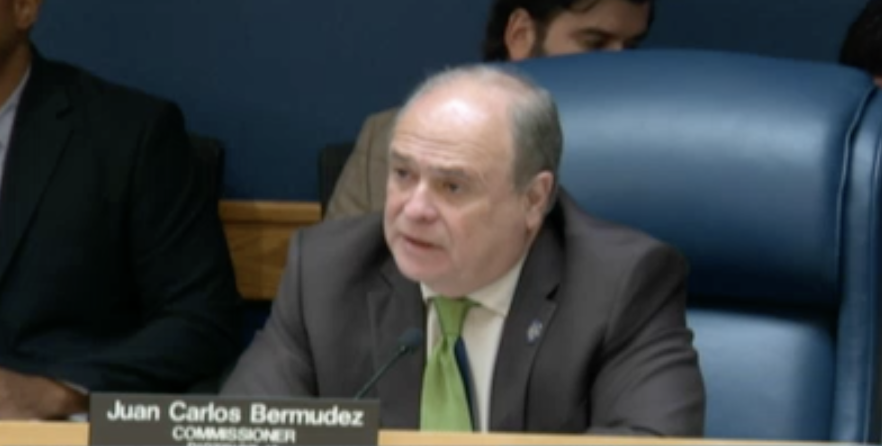
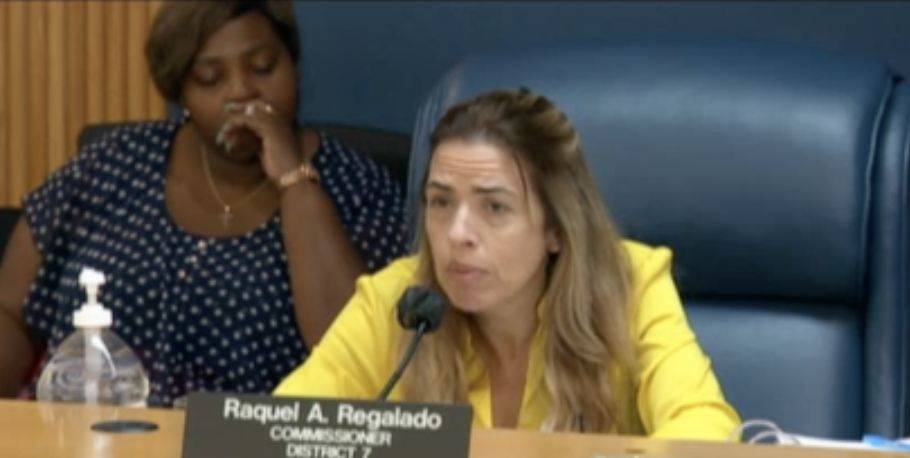
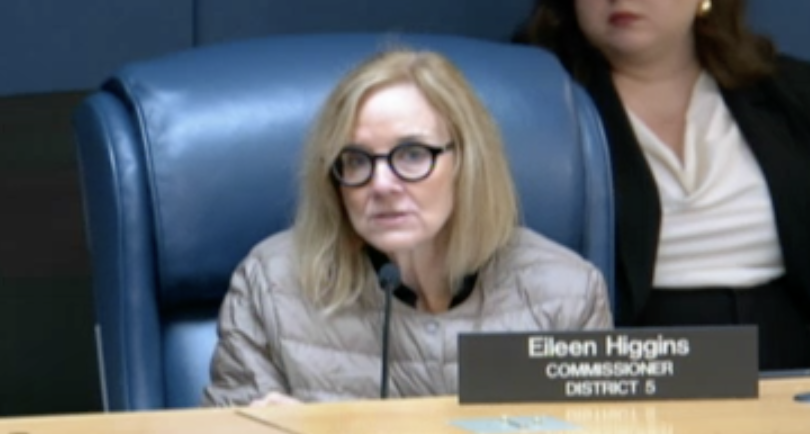
She also said that the more affluent communities could make up for it with private trash pick-ups, but that low-income residents — who live in denser clusters, which produces more garbage — would be the ones to suffer.
Read related: Proposed Miami-Dade budget includes fake ‘tax break’ and real fee increases
Property owners will already see a slight increase in property taxes due to an increase in value, not an increase in the tax rate. In order for taxes to be the same as last year, the county would have had to adopt a “roll back” tax rate. But that’s not going to happen, especially as local governments lose access to COVID related federal funding that had been pouring in for the last few years — the impact of which will be felt for years to come.
The Miami Herald did the calculations (thank you, Doug) and reported that the owner of a home with an average value in Miami-Dade would pay about $57 a year more under the proposed budget and tax rate.
That comes to a total of about $161 extra this coming year adding both the additional property tax and the increased garbage fee. All to fund a budget that grew by $934 million and increased spending by 8% (more on that later).

